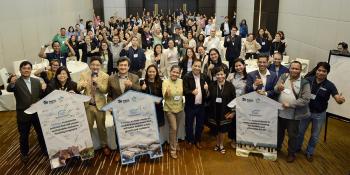
Asia-Pacific Urban Dialogues
Policy Solutions Towards Equitable Access to Adequate Housing in Urban Settlements
In 2019, for the first time in history, Asia and Pacific became predominantly urban with more than 50% of its population living in cities. The region’s urban population has exceeded 2.3 billion, with another 1.2 billion urban dwellers to be added by 2050. The extent of urbanization and its future trend put cities in the Asia-Pacific region at a critical juncture of immense economic opportunities accompanied by urban challenges.
Urban dwellers in Asia and the Pacific are already feeling the consequences as the region continues to urbanize. They grapple with challenges ranging from inadequate housing, climate risks and environmental degradation, the increasing impact of man-made and natural disasters to higher poverty and greater inequality. As the challenges intensify, people living in poverty in urban areas are hit the hardest. The rapid growth of urban populations, coupled with deficiency in planning and strategic resource allocation, has resulted in over half a billion people living in informal settlements in Asia-Pacific. These residents of informal settlements lack adequate access to basic services such as transport, electricity, water, and sanitation. They also face the constant threat of eviction, spatial exclusion, and substandard housing conditions.
The COVID-19 pandemic highlighted the problem of residential overcrowding in urban settlements and exposed the lack of design flexibility of indoor and outdoor spaces. In addition, Asia Pacific is also home to the greatest number of countries at risk from the adverse impact of climate change — exacerbating the problems faced by an already vulnerable urban population.
Putting people at the center, the Asia-Pacific Urban Dialogues serve as a platform for multi-sector stakeholders to find solutions to the growing challenge of deteriorating living conditions in urban settlements. Urban housing practitioners, policymakers, decision makers, civil society, researchers, private sector, and urban dwellers gather together to establish commitments and take concrete actions in the policy space documented through policy briefs.
Urban Dialogues across six countries were held since June 2023 with six urban housing policy briefs developed as a result. Habitat for Humanity will also leverage the platform to play a catalytic role in its Home Equals global advocacy campaign that seeks to improve access to adequate housing in informal settlements.
Several national-level policy briefs can be found below:
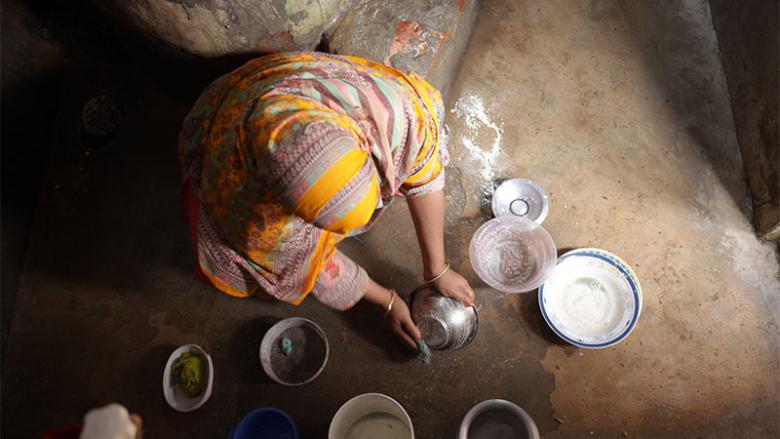
Bangladesh Urban Dialogue
“Redefining Resilience of Cities and Its Services”
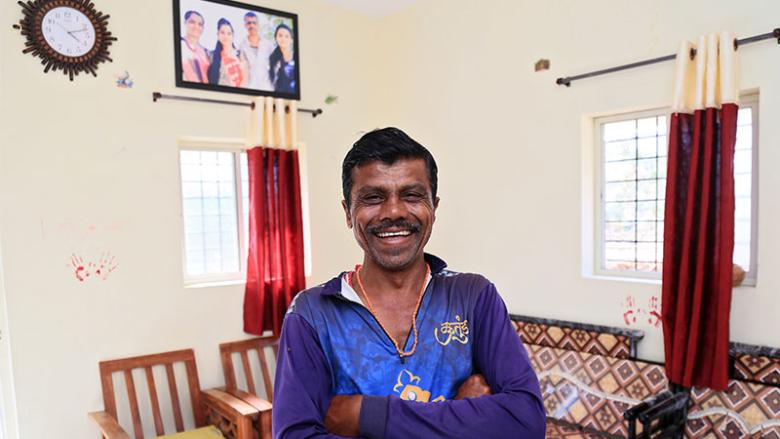
India Urban Dialogue
“Inclusive Policy Solutions for Resilient Urban Communities”
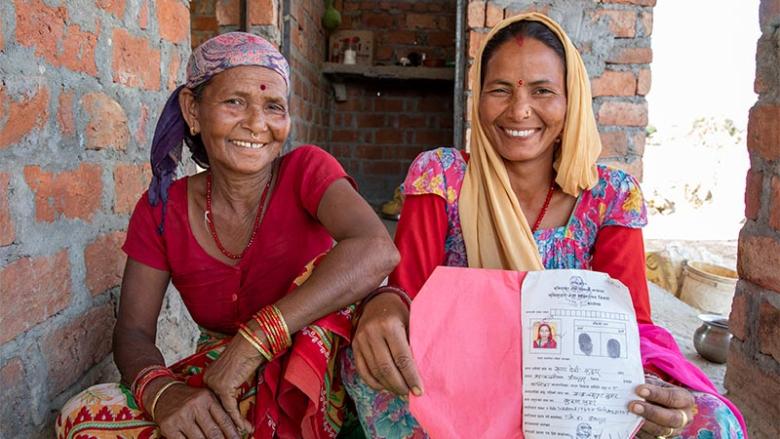
Nepal Urban Dialogue
“Land and Housing Rights in Urbanizing Nepal: Solutions and Way Forward”
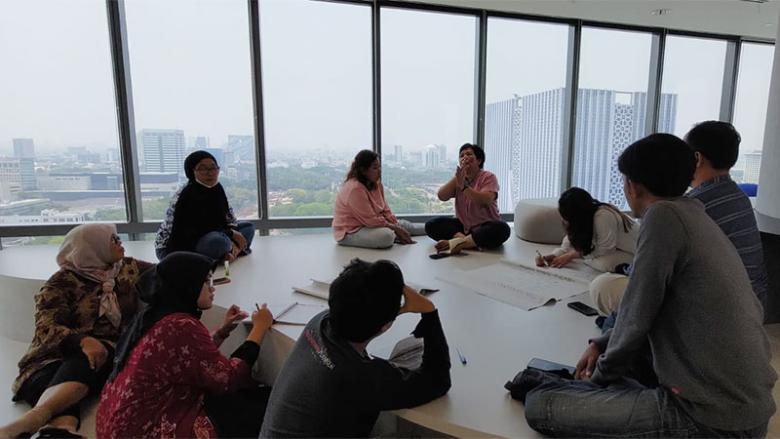
Indonesia Urban Dialogue
“A Common Platform for Diverse Housing and Settlements Solutions”
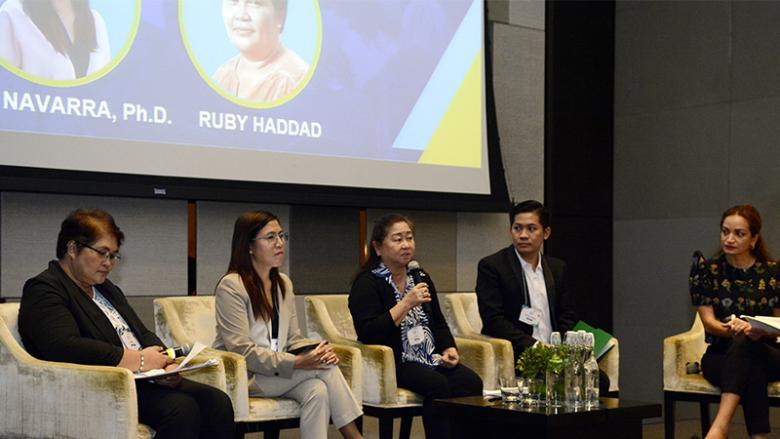
Philippines Urban Dialogue
“Ensuring Inclusivity, Resilience and Affordability of Housing for Low-income and Informal Settler Families”
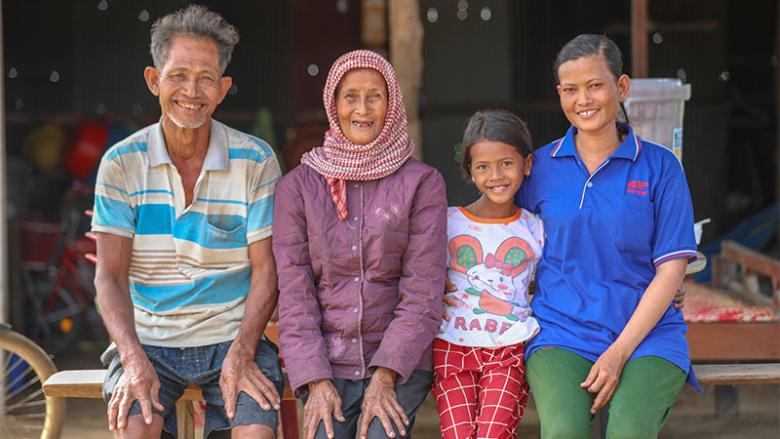
Cambodia’s policy ask
“Support the Implementation of the Royal Government of Cambodia’s National Housing Policy for Low-income Families”